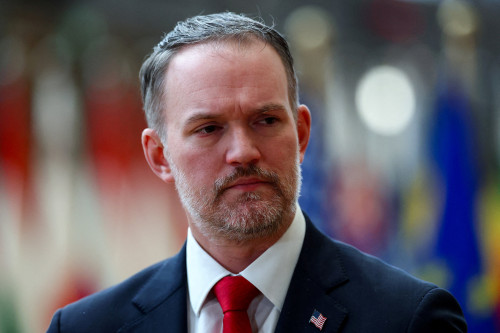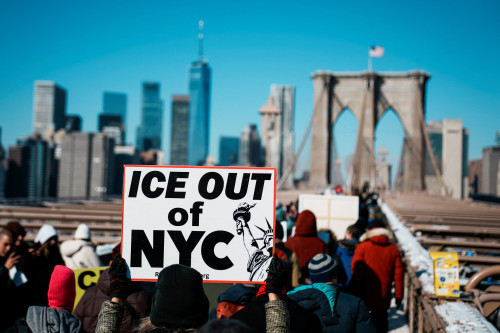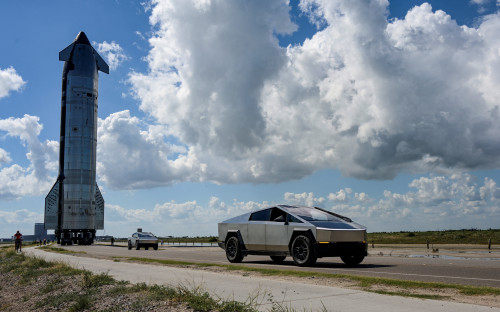JERUSALEM (Reuters) -Israeli Prime Minister Benjamin Netanyahu’s national security adviser on Monday said the road to normalising ties with Saudi Arabia was “still long” while members of his hard-right cabinet ruled out concessions to Palestinians as part of any deal.
U.S. officials have sought for months to reach what would be a historic agreement that Netanyahu has said would be a huge step toward ending the Arab-Israeli conflict but that Riyadh has signalled would rest on Palestinian statehood.
U.S. President Joe Biden last week dispatched his national security adviser to Riyadh to discuss a possible deal, and on Friday said a rapprochement was “maybe under way”.
“I can identify with what the United States president said in an interview a few days ago, where he said that the road is still long but that he thinks there will be a possibility of progress,” national security adviser Tzachi Hanegbi told public broadcaster Kan, adding that Israel is not involved in the U.S.-Saudi discussions.
“I can say that Israel will not give in to anything that will erode its security,” he added.
Asked whether this included Riyadh establishing a civilian nuclear programme on its soil, he said that for that, Israel’s consent was not needed.
“Dozens of countries operate projects with civilian nuclear cores, and with nuclear endeavours for energy, this is not something that endangers them nor their neighbours.”
PALESTINIAN CONCESSIONS
The idea of Israel and Saudi Arabia formally cementing ties has been under discussion since the Saudis gave their quiet assent to Gulf neighbours United Arab Emirates and Bahrain establishing ties with Israel in 2020.
“Israel is the closest it has ever been to a peace agreement with Saudi Arabia,” Israel’s Foreign Minister Eli Cohen said on the Channel 12 evening news broadcast, adding that he expects a deal to be announced by next March before the November 2024 U.S. elections.
But on Monday a member of a party in Netanyahu’s hard-right government rejected any concessions toward the Palestinians as part of a pact.
“We certainly won’t agree to such a thing,” National Missions Minister Orit Strock told Kan.
“We are done with withdrawals. We are done with freezing settlements in Judea and Samaria,” Strock said, using the biblical term for the West Bank.
The Palestinians want to establish an independent state in the West Bank, East Jerusalem and Gaza, among territories Israel occupied in the 1967 Middle East war.
Though it was unclear whether Strock was speaking on behalf of her entire party, such a position would pose a political obstacle for Netanyahu, who has cast the normalisation of ties with Saudi Arabia as a major foreign policy goal.
Her remarks were echoed by the head of another government member, National Security Minister Itamar Ben-Gvir who heads the far-right Jewish Power party. He told Army Radio that he has nothing against diplomatic deals with Arab countries.
“But if this deal includes concessions to the (Palestinian) Authority, handing over territory, arming the Authority or giving … terrorists power then I surely object.”
U.S.-Israel ties have been strained in recent months by the government’s expansion of Jewish settlements on land that the Palestinians seek for a state and by contentious judicial changes pursued by Netanyahu’s nationalist-religious coalition.
Citing previous deals with Arab neighbours, foreign minister Cohen said the Israeli government’s policies on the Palestinians were “not an obstacle to peace”.
(Reporting by Maayan Lubell and Ari Rabinovitch; Additional reporting by Henriette Chacar; Editing by Conor Humphries and Grant McCool)





